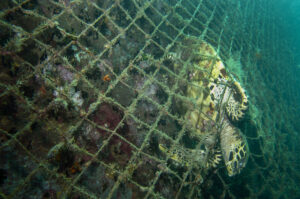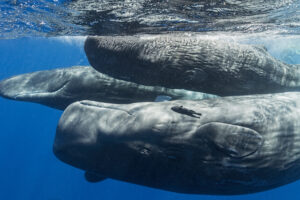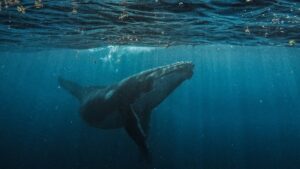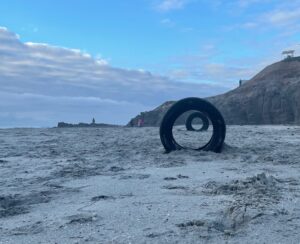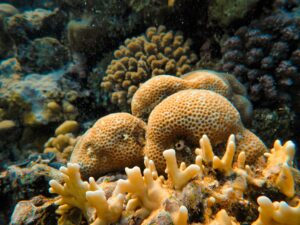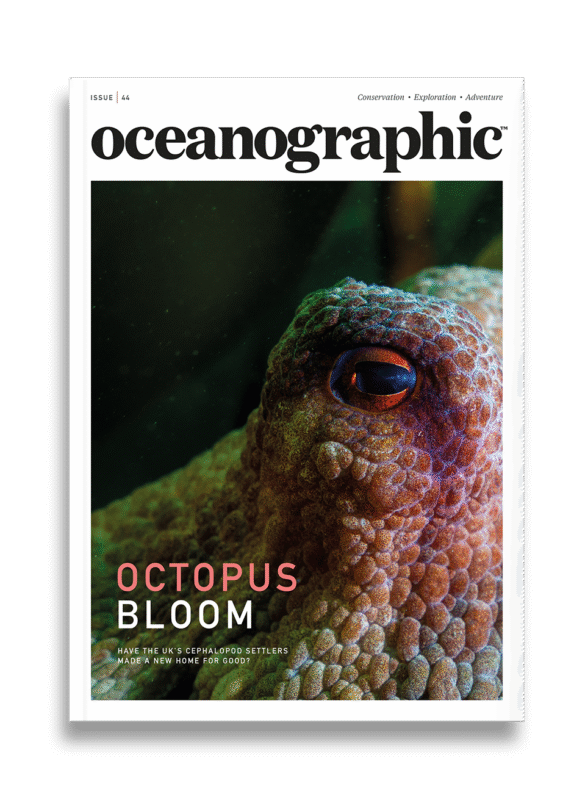Penguins, seals, and whales feel sting of Antarctic krill fishing
World-renowned scientists and ocean campaigners are leading the call to ban krill fishing across the entire Southern Ocean citing not only the impact overfishing is having on species such as penguins, seals, and whales, but the effect on Antarctica's entire ecosystem.
An international coalition of scientists, activists, and world leaders are calling to close the Southern Ocean to fishing, starting with the end of krill fishing and a warning that continued exploitation of Antarctic wildlife will lead to ecological collapse and an intensification of the impacts of the global climate crisis.
The call coincides with the release of a new report in which the framework meant to be responsible for protecting Antarctic wildlife – the Convention for the Conservation of Antarctic Marine Living Resources – has been exposed ‘for failing in its duty to protect the marine ecosystem.’
All Eyes on Antarctica outlines how this framework has – in the decade since it was introduce – not managed to establish “a single new marine protected area (MPA) whole allowing for the “unsustainable expansion of industrial krill fishing.”
Leading the call as one of what the campaign has dubbed its “Antarctic Avengers” is Dr Sylvia Earle, who said: “The Southern Ocean is one of the last truly wild places left on Earth. We cannot stand by and risk losing it all, especially when we know what must be done to protect it. If we act now, Antarctica and its wildlife can recover. We must protect it from exploitation before it’s too late.”
Krill, notably, Euphausia superba are the species upon which the entire Southern Ocean ecosystem relies. Though small in size, they – and the phytoplankton they consume – are the cornerstone of the Antarctic ecosystem’s food web, relied upon by penguins, seals, and the iconic blue whale.
Krill also play a vital role in regulating the global climate by helping store carbon deep in the oean. However, they are extracted in vast amounts for pet food, farmed fish feed, and dietary supplements – forcing wildlife to compete with industrial vessels.
While management processes have previously been developed to reduce the overlap between fishing vessels and krill oceanic predators, new research carried out by Norwegian scientists has found that – whether in the winter or the summer – at no point in the years does fishing not impact on species’ feeding.
As a result of this overlap, the numerous significant consequences for the health of the entire Southern Ocean ecosystem are a growing threat, and solutions to minimise the negative impact of fishing upon krill populations themselves as well as the animals that feed on them, are urgently required.
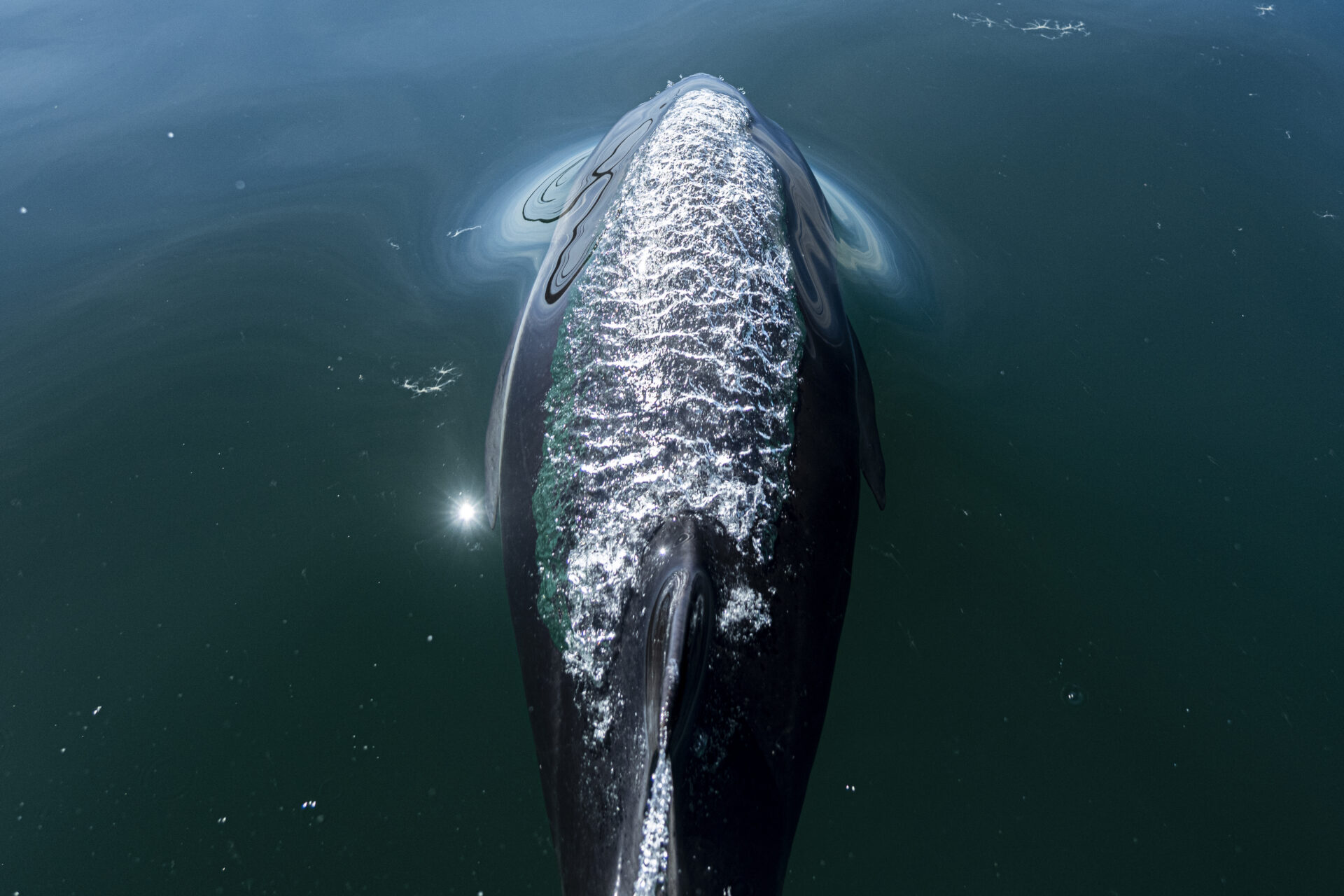
Six years in the making, the study – published this month in the scientific journal, Proceedings of the National Academy of Sciences and conducted by research teams from the Alfred Wegener Institute and the Norwegian Institute of Marine Research in Bergen – has used acoustic recordings to identify areas and periods in which there is an increased overlap between fishing and krill predators.
“In conducting our study, together with colleagues from Norway, we analysed more than 30,000 hours of echo sounder recordings collected by three krill fishing vessels in the Southern Ocean,” said Dominik Bahlburg from the Alfred Wegener Institute, Helmholtz Centre for Polar and marine Research.
Aided by Artificial Intelligence, the researchers were able to filter out signals emitted by whales, penguins, and seals when they dive under fishing vessels.
“During such encounters, ships and krill predators pursue the same krill swarms. This allowed us to systematically analyse the spatial and temporal dynamics of this competition in order to identify locations and time periods where the interaction between the two groups is particularly intensive.”
Results indicate that – across the South Orkney Islands and South Georgia regions – penguin and fur seals were encountered regularly through both winter and summer. While this study suggests that current management plans ought now to be revised in light of crucial new findings, campaign groups call for action to go way further.
All Eyes on Antarctica instead is calling for the closure of the Southern Ocean to all krill fishing and the establishment of the Antarctic Peninsula Marine Protected Area. It also calls for an immediate reform of the Convention for the Conservation of Antarctic Marine Living Resources to ensure it implements its conservation mandate and for the protection of at least 30% of Antartica’s waters by 2030 in line with global targets.
The campaign was initially launched at the UN Ocean Conference in Nice, France at an event that included high-level government leaders from Latin America, Africa, and the Pacific alongside leading scientists and representatives from civil society.
The campaign has since galvanised support notable names and ocean ambassadors, including the actor Benedict Cumberbatch, who said: “Protecting the Southern Ocean isn’t optional – it’s essential for the health of our planet. The Southern Ocean plays a critical role in regulating the Earth’s climate. It is time we stand up to protect this ecosystem and the life it supports.”


"*" indicates required fields
Printed editions
Current issue
Back issues
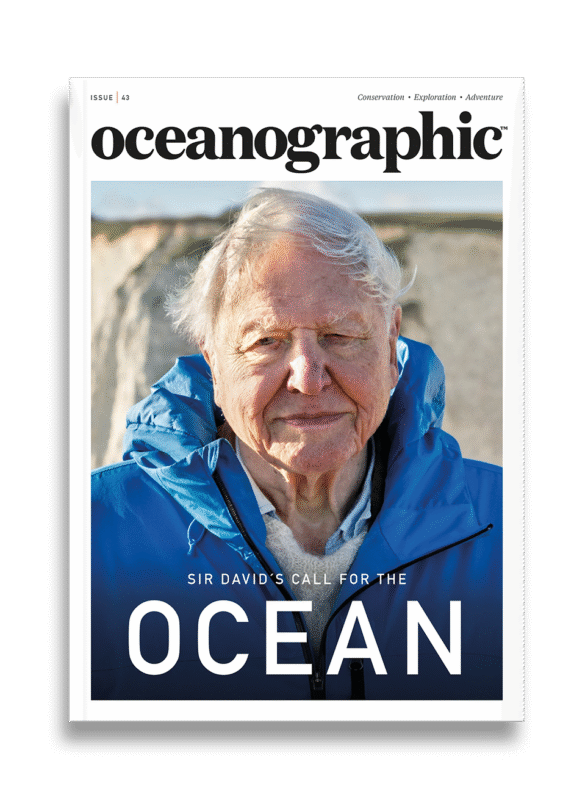
Back Issues
Issue 43 Sir David Attenborough’s ‘Ocean’

Back Issues
Issue 41 Holdfast to the canopy
Enjoy so much more from Oceanographic Magazine by becoming a subscriber.
A range of subscription options are available.

